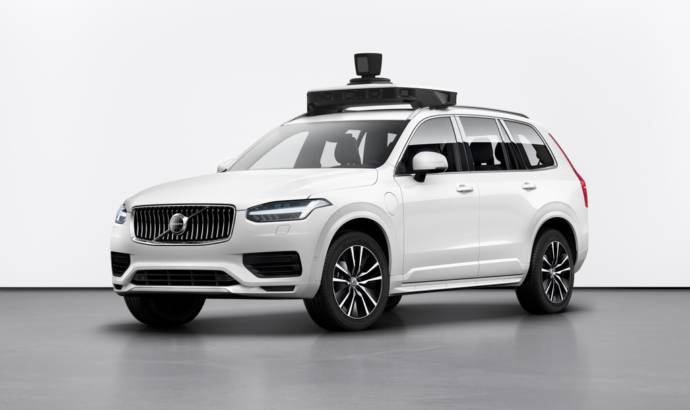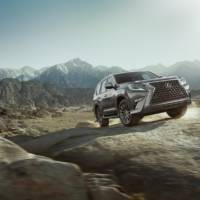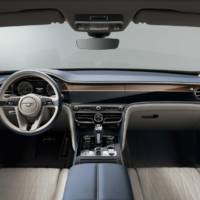Volvo is one step ahead when it comes to self-driving cars. The most recent announcement demonstrates this. Together with Uber, the leading ride-hailing firm, Volvo presented a jointly developed production car capable of driving by itself, the next step in the strategic collaboration between both companies.
Uber and Volvo Cars entered a joint engineering agreement in 2016 and have since developed several prototypes aimed at accelerating the companies’ self-driving car development. The Volvo XC90 SUV presented today is the first production car that in combination with Uber’s self-driving system is capable of fully driving itself.
The XC90 base vehicle is equipped with key safety features that allow Uber to easily install its own self-driving system, enabling the possible future deployment of self-driving cars in Uber’s network as an autonomous ridesharing service.
The most important features of Volvo Cars’ autonomous drive-ready production vehicle include several back-up systems for both steering and braking functions as well as battery back-up power. If any of the primary systems should fail for some reason, the back-up systems are designed to immediately act to bring the car to a stop.
In addition to Volvo’s built-in back-up systems, an array of sensors atop and built into the vehicle are designed for Uber’s self-driving system to safely operate and maneuver in an urban environment.
When paired with Volvo’s vehicle platform, Uber’s self-driving system may one day allow for safe, reliable autonomous ridesharing without the need for a Mission Specialist, the specially trained Uber employees operating and overseeing the car in areas designated and suitable for autonomous drive.
The autonomous drive-capable production vehicle revealed today is part of Volvo Cars’ 2016 commercial agreement with Uber for the delivery of tens of thousands of autonomous drive-ready base cars in coming years.
Volvo Cars believes autonomous drive can generate significant potential road safety benefits for society as a whole when all cars are autonomous. Until that moment, the technology can offer customers a better driving experience by taking away mundane tasks such as stop-start driving in traffic jams.



